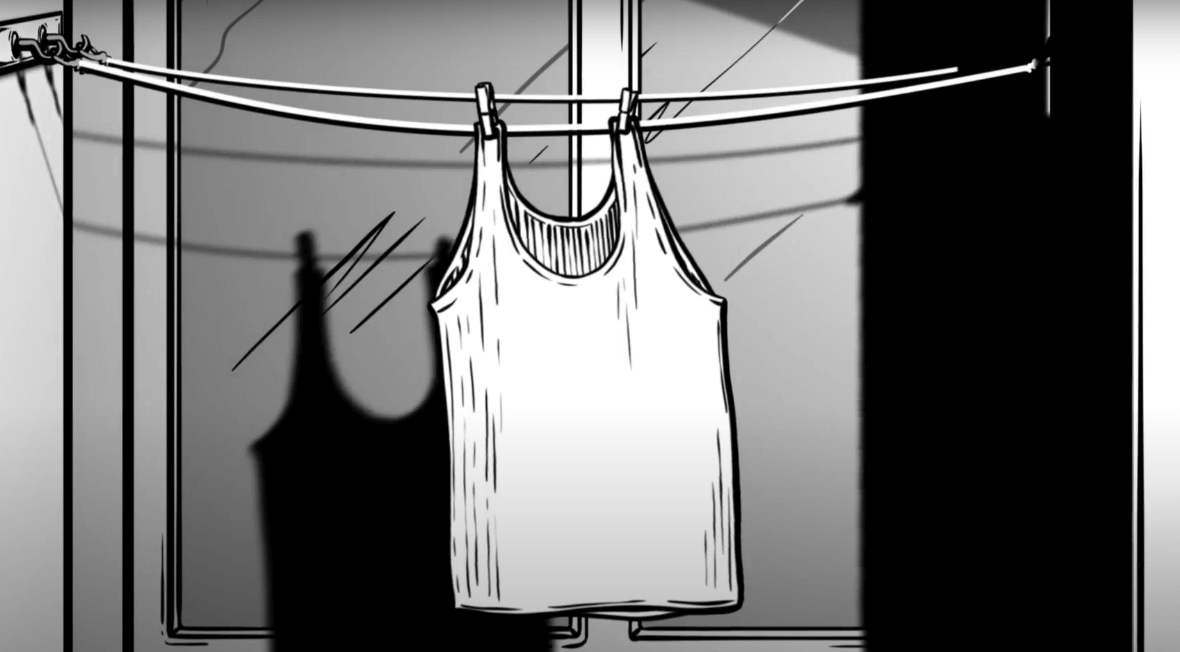Hurt people hurt. Aggressive behaviour is the result of childhood trauma, and in adulthood, it turns into a lack of control. Anger is a powerful, uncontrollable emotion for an abuser.
- Abusive relationships do not suddenly become abusive. There are certain stages in which he notices the weaknesses and slowly insists on them, to isolate her, to make her lose self-confidence. Some do that consciously, some unconsciously.
- It often leads to extreme behaviours, to jealousy, but when you ask them they say, “I love her, I really respect her”. Their need to be with her alone, just the two of them, is not about love instead it is all about an unhealthy relationship in which the symbiotic mother-child relationship is recreated. Because abusers don’t come to therapy with this need, where they could get help, they could be guided; they could understand what’s happening to them, they have despotic tendencies toward the other person. They’re highly reactive and paranoid about any innocent gesture.
- I hear this very often, far too often “If you trust me, give me your phone password and access key to Facebook, Insta”. Sometimes the men you see holding their wife’s purse or phone aren’t gallant, and they’re not docile. It is the opposite, they’re just extremely possessive. And they justify that by saying and telling themselves that it’s proof of love.
- The abuser always wants to see proof of love, it’s not enough to be told, he wants her to constantly do special things to prove her love and loyalty. She is tested 24 hours a day – “Would you do that for me? And this? And this?” A woman who trusts her would put a limit on her now. A woman who doesn’t trust her will get into this game. Just like in childhood – a child will do much more to attract the attention of the parent who ignores him (unavailable). You’re becoming a much better, much nicer, much more diligent child. The moment a parent isn’t paying attention to you or even assaults you, you deny that part, you blame yourself and you need it even more. Because at that point your life depends on the parent, there is no choice.
In “The Illusion of Love” there’s also a story that explains that. They say a child goes to his sleeping mother’s room, and on the table is his favorite cake, made by his mother. And he has a choice between eating the cake and dying or starving. Get something from the toxic parent who can kill you versus starve to death. It’s not a choice for the baby. The adult, yes, can choose, but the victims are at a stage of regression and they don’t seem to have a choice, just like when they were children.
So how do you help an aggressor?
It’s important to understand that this is not the way they are, that they didn’t have the opportunity to be born in a better environment, that they can do things that can greatly improve their situation and quality of life. One of them would be to have access to information, education. Let them know that something can be done. That there are solutions. The most important thing is to want and accept specialized help. They can’t be helped if they don’t admit they have a problem.
Here, you can find help centers for abusers.








